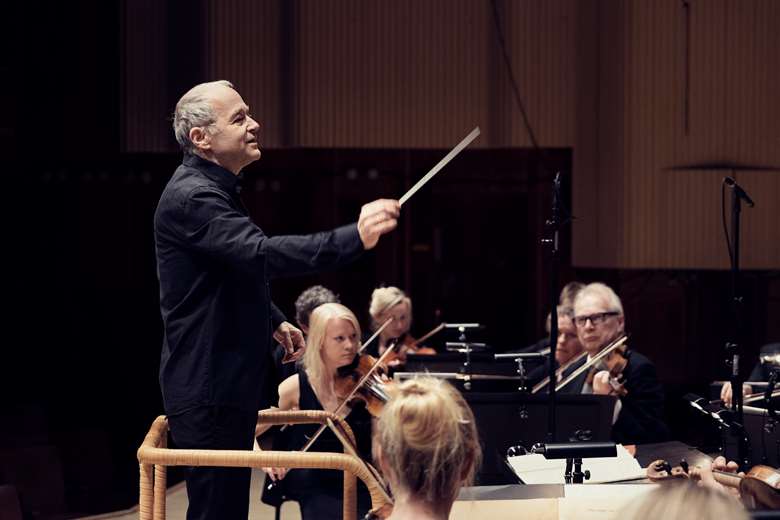The Long View | When tough decisions loom, blind outrage is not enough
Andrew Mellor
Wednesday, May 12, 2021
We must pick our battles carefully in order to move forward as an industry, argues Andrew Mellor


Register now to continue reading
Don’t miss out on our dedicated coverage of the classical music world. Register today to enjoy the following benefits:
- Unlimited access to news pages
- Free weekly email newsletter
- Free access to two subscriber-only articles per month